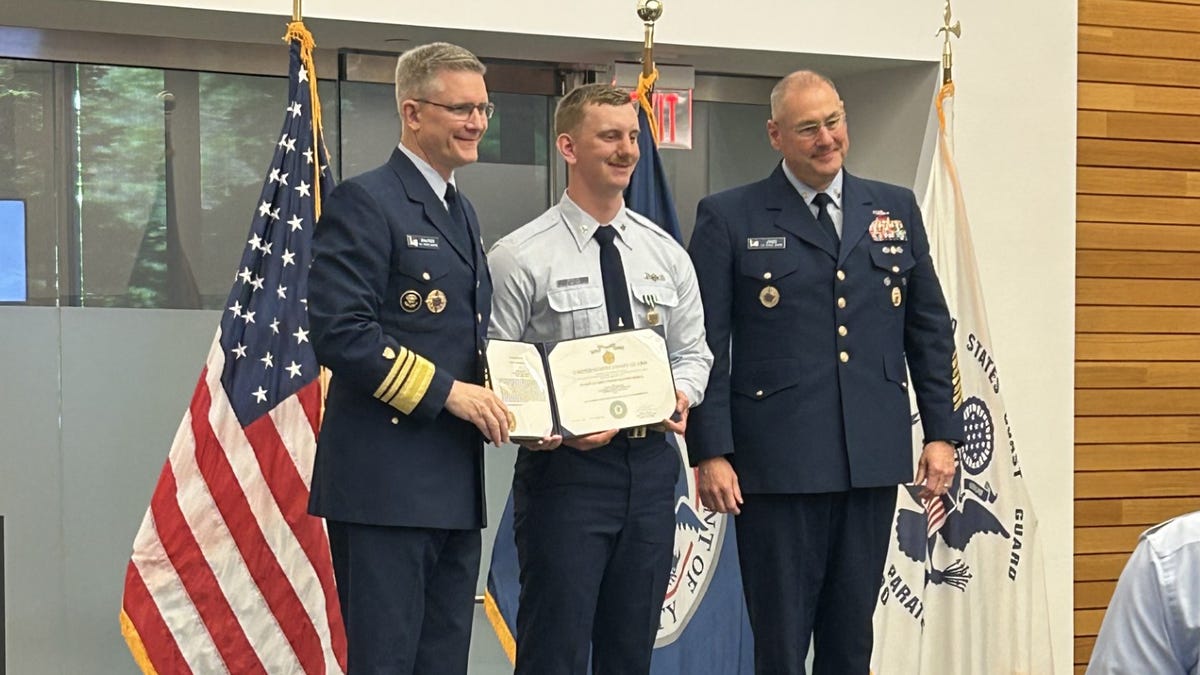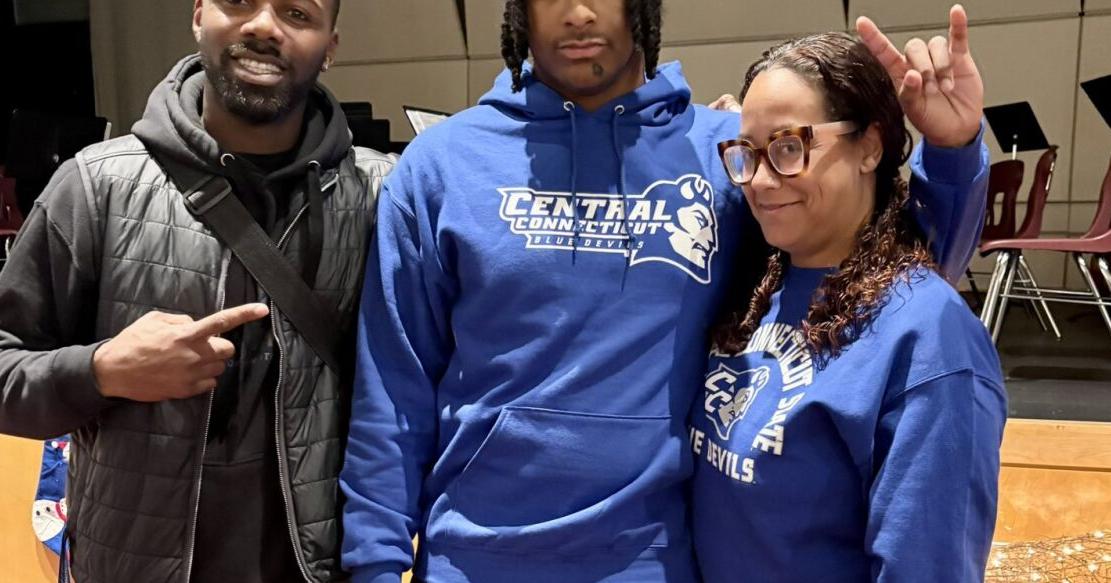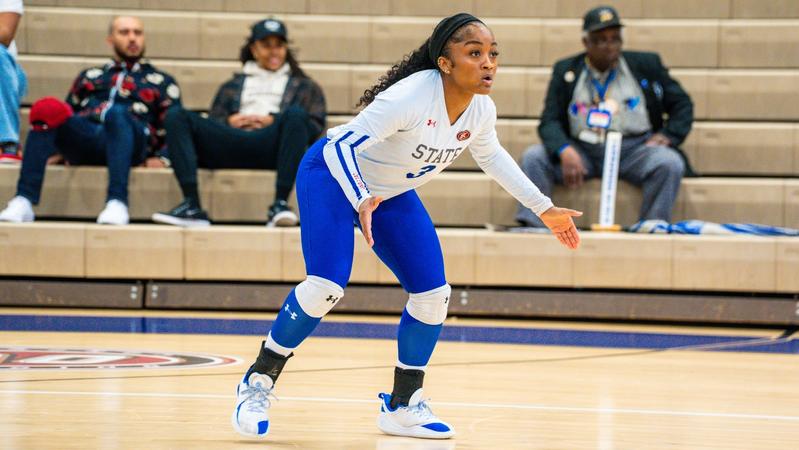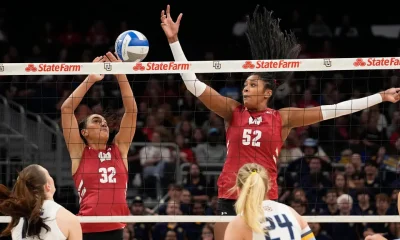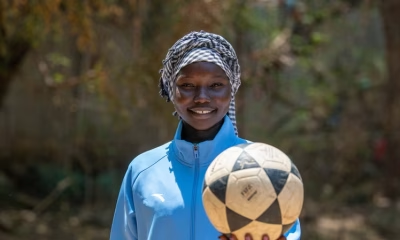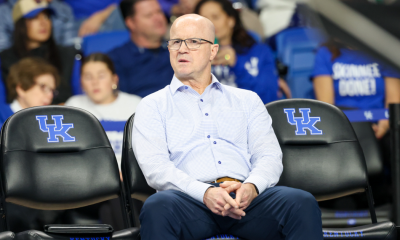WINDSOR — Windsor High School quarterback and Central Connecticut State University football commit AJ Robinson is just as much of a leader off the field than he is on the football field.
Robinson led the Windsor Warriors to a 2025 Class MM football state title after finishing last season as runner-ups and along the way was named the Connecticut Gatorade Player of the Year. Upon being named the Gatorade Player of the Year in the state, Robinson received a $1,000 grant as part of the accomplishment.
Instead of using the money on himself and/or family and friends, Robinson chose to reinvest it into mentoring and training opportunities for younger student athletes by awarding the grant to Air Norris Sports Mentorship Inc., a Connecticut-based youth athlete development nonprofit.
Robinson, the selfless leader that he is, said there was no hesitation to donate his money back into the Air Norris Academy because of how impactful the program is to not only him, but many youth athletes in the area.
“There was absolutely no hesitation to donate my $1,000 grant to Air Norris Academy,” said Robinson. “What made me want to donate my grant to Aubrey’s program is because of the impact that he has had on not just me, but so many kids around the state. He provides a safe place for kids to come and learn the game of football and become better young men.”
Robinson, just a senior in high school, understands the importance of giving back. He thinks anyone in a position that is able to should give back to the community and help others out and that’s another reason why he wanted to donate his grant to Air Norris Academy.
“I think it is extremely important for not just athletes, but anyone, to give back to the community because it is our responsibility to help those in need,” said Robinson. “We have all been given opportunities in our lives, and it is important to pay it forward and help others achieve their goals.”
The Air Norris Sports Mentorship is run by Aubrey Norris, a former CCSU quarterback from 2005-2009 and a two-time NEC champion. Air Norris Sports is also based in Robinson’s hometown in Windsor.
The mentorship program develops on field skills, position training, football IQ, and preparation but puts just as much emphasis on life skills. That includes accountability, discipline, communication, leadership, academic responsibility, and personal growth. Norris’ goal is to have his athletes prepared for college, careers, and life beyond sports.
Robinson said Norris has helped teach him how to work hard and be dedicated. He has also taught me Robinson how to be a leader and how to handle adversity.
Having trained Robinson on and off the field for several years, Norris wasn’t surprised that Robinson donated his hard-earned money back into his community for local youth athletes.
“I’ve trained AJ for several years now, and I’ve watched him grow not just as a quarterback, but as a young man… honestly, I wasn’t surprised by the donation,” said Norris. “That’s who AJ is. From day one, he’s been selfless, coachable, and community-minded. The talent gets attention, but the character is what consistently shows up.”
Robinson set the CIAC state record for most passing touchdowns in a career with 120. He led Windsor to back-to-back state title appearances while helping the Warriors win its second state title in program history and threw for 50 touchdowns and 3,647 yards.
For his accomplishments, the 6-foot-3, 215-pound quarterback earned a scholarship to play at CCSU and will play on the field where he played his final high school football game, winning the 2025 state title on Arute Field. Robinson said he’s now shifted his focus in the weight room and on the field as he embarks his college football career.
Norris, a former CCSU football player, called it a full circle moment to see his protégé earn a scholarship to where he played football collegiately. He’s looking forward to seeing Robinson in the blue and white and continuing his football career.
“What separates AJ is his consistency and mindset,” said Norris. “He shows up every day willing to work, learn, and lead whether anyone is watching or not. Seeing him continue his football journey at CCSU is incredibly special for me. As an alumnus, it’s full circle. But more importantly, it’s a testament to his dedication, resilience, and belief in the process. He earned that opportunity.”

